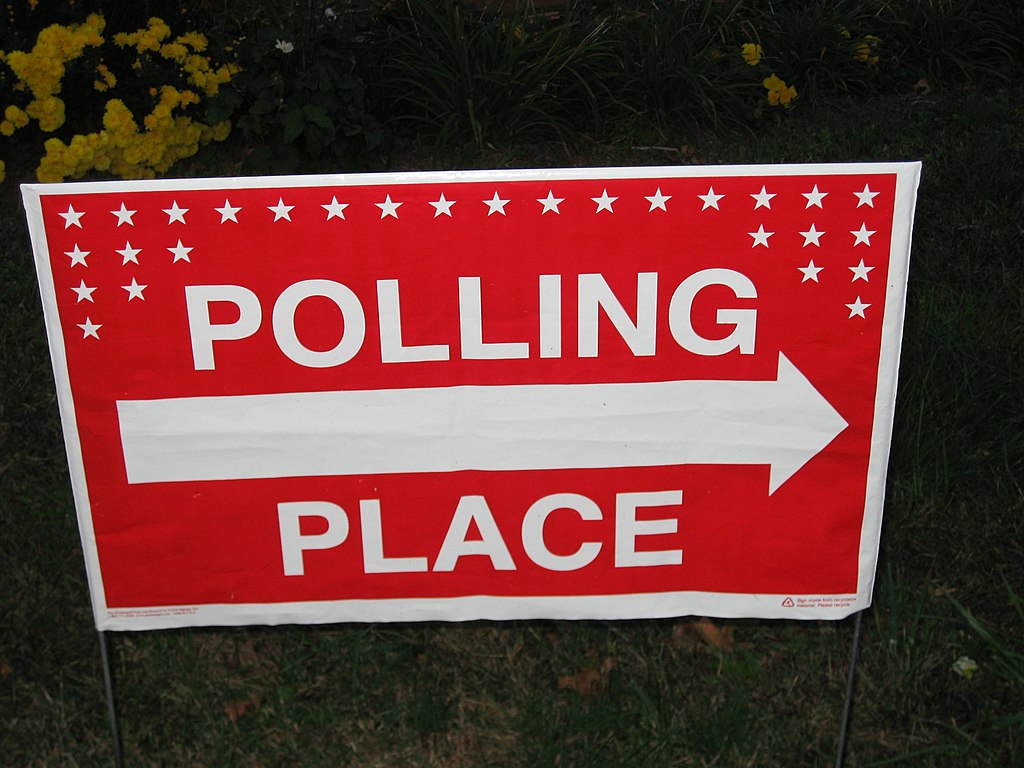Seventeen of the 100 largest U.S. cities by population and 10 state capitals outside of the top-100 cities are holding general elections for mayor on Tuesday, Nov. 2.
In these 27 cities, 26 incumbent mayors are Democrats, and one is a Republican. Fourteen of these incumbents are not on the general election ballot: 10 did not run for re-election, and four lost in primaries. Between 2014 and 2020, 18% of top-100 incumbent mayors that sought re-election were defeated.
In total, 28 top-100 cities and 12 state capitals outside the top-100 cities are electing mayors in 2021. Eleven of these cities have already held their mayoral elections. Two cities will hold general elections after Nov. 2.
One of the 11 mayoral elections held so far this year resulted in an office changing partisan control. In Anchorage, Alaska, David Bronson (R) was elected to succeed nonpartisan acting mayor Austin Quinn-Davidson, who assumed office following the resignation of Ethan Berkowitz (D).
One other party change has taken place this year. In April, North Las Vegas, Nevada, Mayor John J. Lee announced that he was changing his party affiliation from Democratic to Republican.
Currently, 63 top-100 mayors are affiliated with the Democratic Party, 26 are affiliated with the Republican Party, four are independents, six identify as nonpartisan or unaffiliated, and one mayor has not responded to inquiries about his partisan affiliation.
The mayors of 39 capital cities are affiliated with the Democratic Party. Three are Republicans, one is independent, and two are nonpartisan. Five capital mayors have not yet responded to inquiries.
In cities where mayoral elections are nonpartisan, Ballotpedia uses one or more of the following sources to identify each officeholder’s partisan affiliation: (1) direct communication from the officeholder, (2) current or previous candidacy for partisan office, or (3) identification of partisan affiliation by multiple media outlets.
Additional reading:


